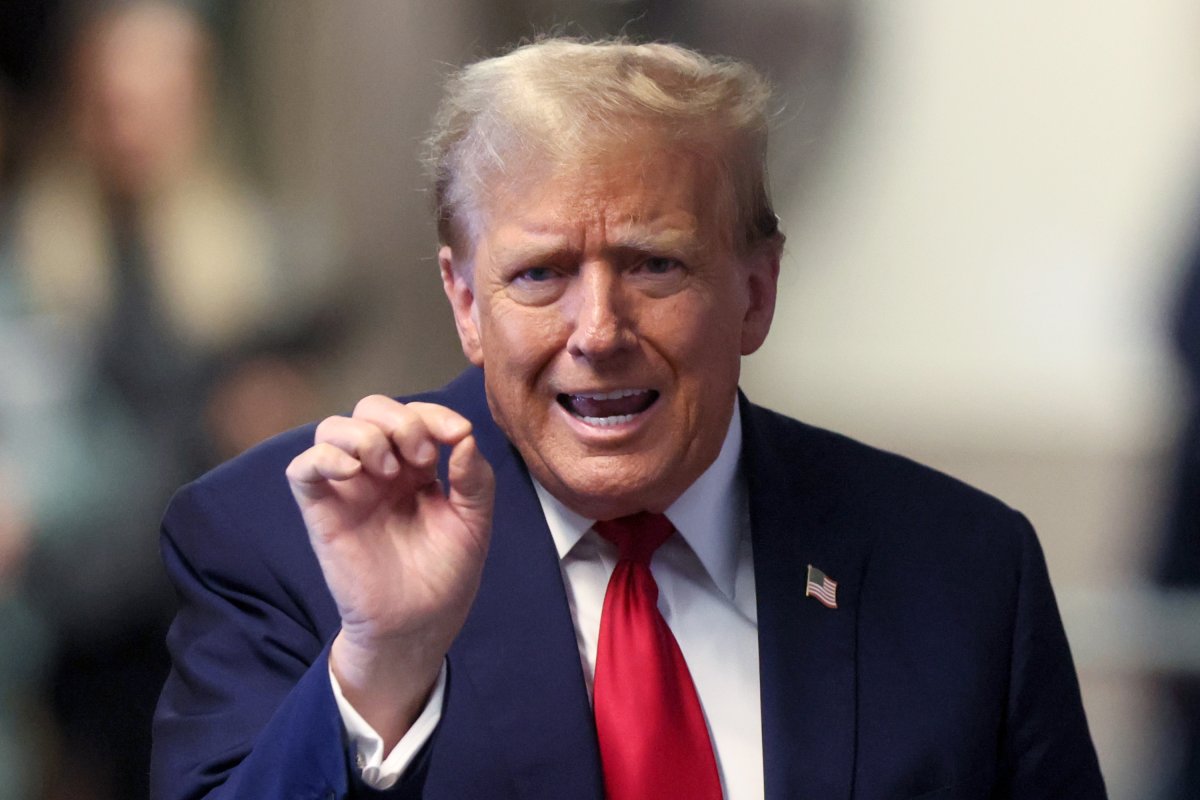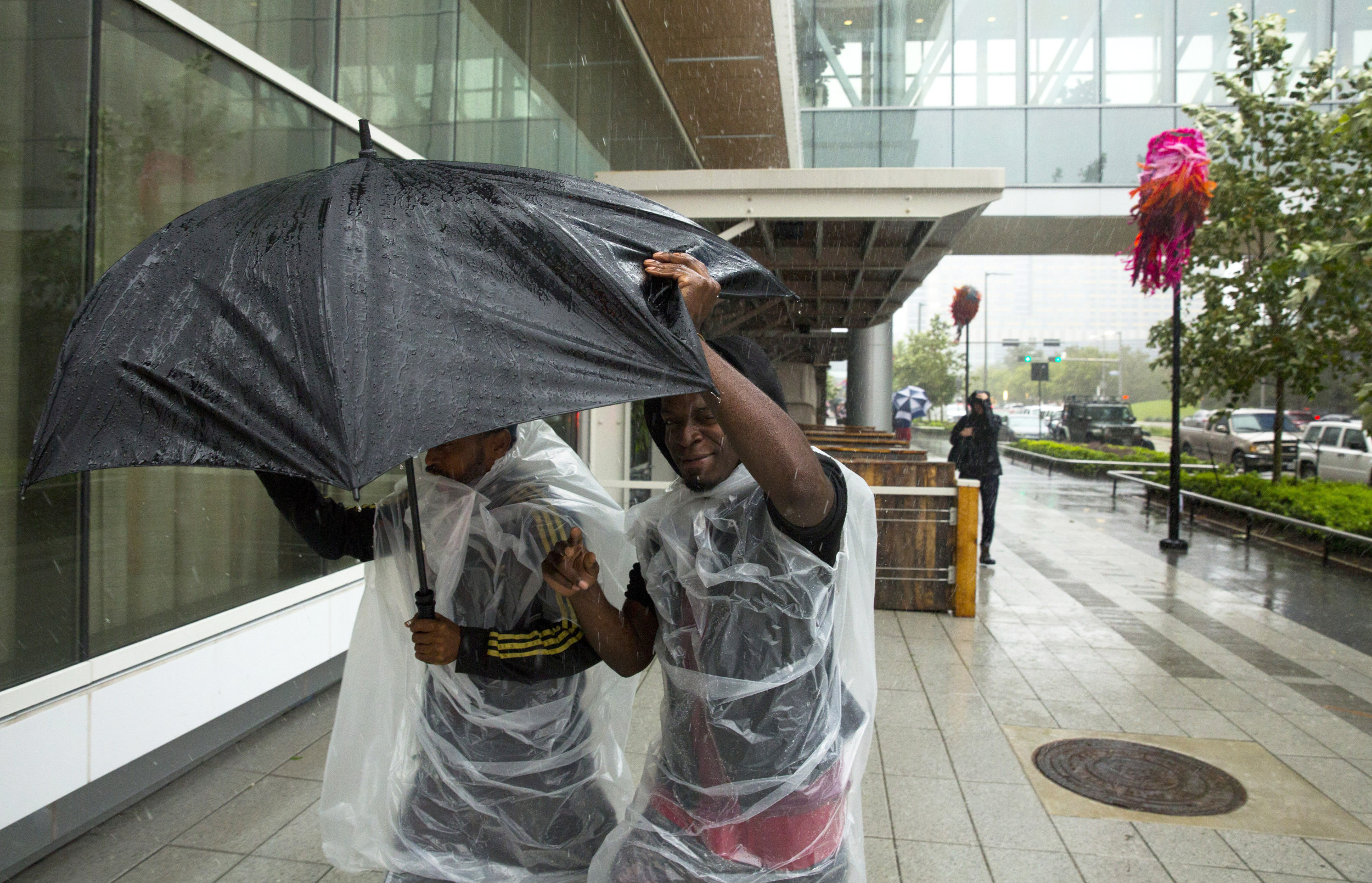The Supreme Court could create a presidential immunity test to pass down to the trial judge in Donald Trump's election fraud case, a legal expert has told Newsweek.
It could cause months of delay in the Washington trial. If Trump is elected president, he could then end the case by either pardoning himself or appointing a favorable attorney general to drop the charges.
The Supreme Court will hear oral arguments on Thursday in Trump's claim to presidential immunity from prosecution for alleged fraud in the 2020 presidential election.
Trump, the presumptive Republican candidate in the 2024 presidential election, was indicted on four counts of allegedly working to overturn the results of the 2020 election in the run-up to the 2021 January 6 riot at the U.S. Capitol. He denies the charges.

It is one of four criminal cases that Trump is facing. He has also pleaded not guilty in the other cases, denying any wrongdoing, and has repeatedly said that they form part of a political witch hunt.
The election fraud proceedings have been frozen while the Supreme Court considers the presidential immunity issue.
Newsweek sought email comment on Thursday from Donald Trump's attorney.
Peter Shane, a constitutional law professor at New York University, told Newsweek that he didn't think the Supreme Court will give a ruling that will outright grant immunity to Trump from the D.C. case.
He said it is more likely that the court may remand the case back to the trial judge, Tanya Chutkan, with a new immunity formula through which she could assess whether the Trump trial can go ahead.
The process is called a Supreme Court "remand". The Supreme Court legal discussion website, SCOTUSblog, defines a remand as "a decision by the Supreme Court to send a case back to the lower court for further action."
"When it remands a case, the court generally includes instructions for the lower court, telling it to start an entirely new trial or directing it, for example, to look at the dispute in the context of laws or theories it might not have considered the first time around," SCOTUSblog states.
"I don't think they will come up with an immunity doctrine favorable to Trump, but whether they articulate a test requiring a remand is uncertain," Shane said.
In an opinion article for Newsweek on Wednesday, a Pulitzer Prize-nominated writer, Aron Solomon, JD, wrote that it would be "a massive understatement" to say that Thursday's' oral arguments are of immense significance.
"The legal significance of the oral argument is that it will determine if a former president can be held accountable for alleged criminal actions taken while in office," Solomon wrote.
Uncommon Knowledge
Newsweek is committed to challenging conventional wisdom and finding connections in the search for common ground.
Newsweek is committed to challenging conventional wisdom and finding connections in the search for common ground.
About the writer
Sean O'Driscoll is a Newsweek Senior Crime and Courts Reporter based in Ireland. His focus is reporting on U.S. law. ... Read more
To read how Newsweek uses AI as a newsroom tool, Click here.








